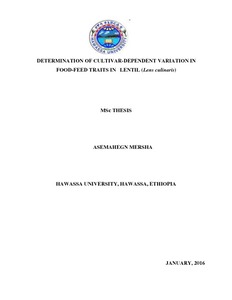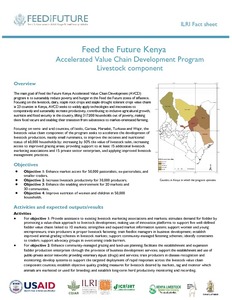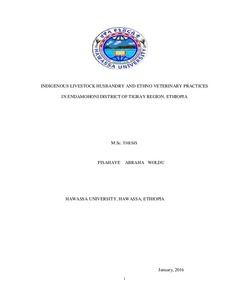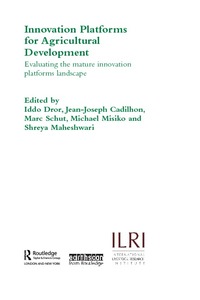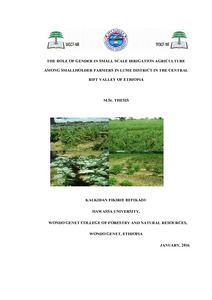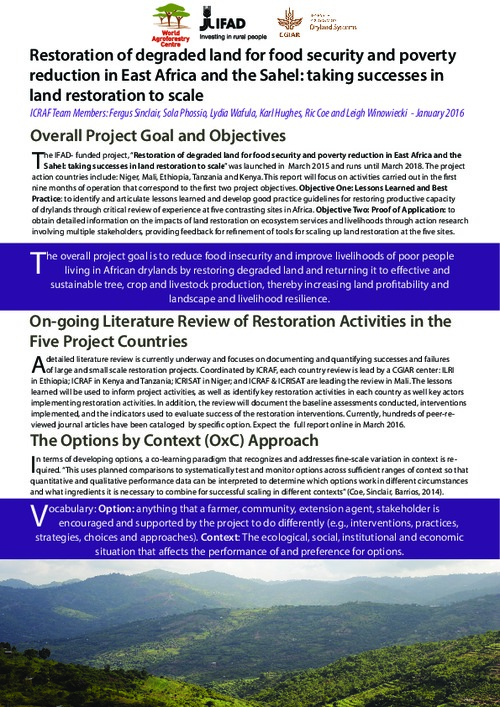Determination of cultivar-dependent variation in food-feed traits in lentil (Lens culinaris)
The study was conducted with the objectives of analyzing and evaluating of lentil varieties for haulm nutritional values, determining the relationship between fodder traits and agronomic traits, and developing Near Infrared Reflectance Spectroscopy (NIRS) equation for predicting nutritional value of lentil haulm.

